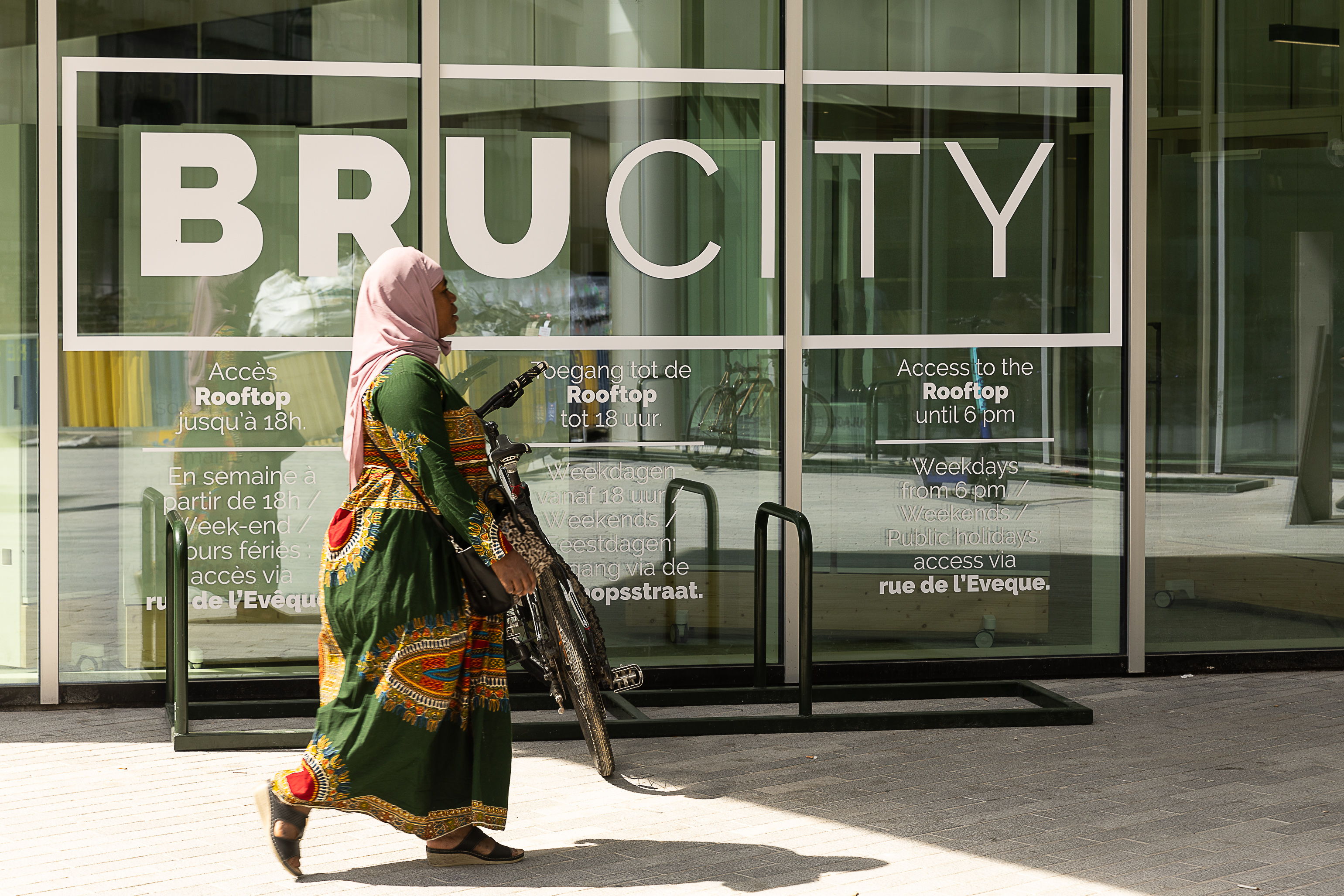OECD proposes state reform to tackle congestion, housing crisis and rising poverty in Brussels

Could a reform of the state get Brussels out of its difficulties? The Organisation for Economic Cooperation and Development (OECD) is proposing such an intervention to help the Belgian capital deal with rising house prices, poverty and persistent traffic jams, De Standaard reports on Tuesday.
For fifteen months, the OECD, the forum in which 38 industrialised countries examine their socio-economic policies, has been studying the capital's institutional structure, public finances and spatial planning. It did so at the request of the Brussels government, which will present the study results on Tuesday. De Standaard and Le Soir have already seen it.
Brussels is by far the most urbanised region in the country and ranks second in population density (7,500 inhabitants/km²) among all similar areas covered by the organisation. Its economy is 90 per cent "tertiary" and, despite its small size, generates almost a fifth of Belgium's GDP.
Complicated structure
However, according to the OECD, dark clouds hang over the Belgian capital, partly due to its structure. With nineteen communes, six police zones and a division of powers between the region, the communes and three communal commissions, Brussels has an administrative structure that almost no one understands.
As a result, the report says, Brussels cannot tackle its biggest challenges, of which housing is one. Although the OECD speaks of an acute housing crisis, there are more houses than families in the capital region - 600,000 compared to 450,000. But finding decent housing at a reasonable price is an unprecedented challenge.
On average, a Brussels household spends 35 per cent of its income, excluding charges, on housing, a proportion that rises to 43 per cent for those on low incomes. In the OECD, households spend around 22 per cent of their budget on housing.
Rising poverty
Poverty is also becoming a more persistent problem. Although a fifth of Belgium's total wealth is generated in Brussels, the average household income is significantly lower than in Paris and London. There are huge differences between the poorest and wealthiest parts of the region.
Finally, there's the mobility problem. Despite the city's efficient public transport system, nowhere else is traffic congestion as deviant.
State reform
The tools to address these challenges are scattered across different policy levels in Brussels. The OECD calls for streamlining Brussels' institutional architecture, which in practice amounts to a state reform.
The French- and Dutch-speaking communities would transfer their metropolitan powers to the Brussels-Capital Region. The capital would draw up its educational and cultural policies, and the Flemish and French Community Commissions would become dispensable.
In addition, the OECD sees merit in transferring powers from the nineteen municipalities to the region, especially in mobility, transport, parking policy and spatial planning. The big question, however, is whether there is political support for such a reform of the state.
Illustration picture shows the recently opened Brucity building, in the city center of Brussels. © BELGA PHOTO JAMES ARTHUR GEKIERE
Related news

